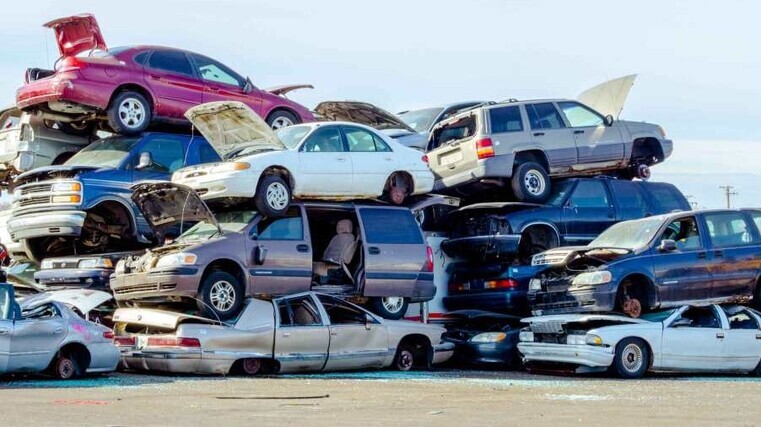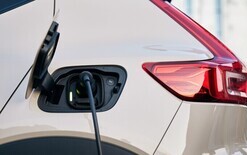Progress on scrappage bid

A study conducted by the Federal Chamber of Automotive Industries (FCAI) and Motor Trades Association of Australia (MTAA) reveals a strategic pathway for boosting automotive recycling via a product stewardship scheme.
A report – called “The Outlook for End-of-Life Vehicles in Australia” – draws on detailed research delivered jointly by the two organisations thanks to a grant from a federal government innovation fund.
One of the largest motor-vehicle studies of its type undertaken across the Tasman, the research has identified options to enhance end-of-life vehicle (ELV) material recovery rates, avoid inter-state leakage of ELVs and, importantly, reduce vehicle waste destined for landfill.
About 850,000 motor vehicles reach end of life each year in Australia, generating around 1.36 million tonnes of waste. Currently, the industry recovers about 70 per cent, which leaves a substantial amount destined for landfill.
The country’s automotive manufacturers and retailers are committed to improving these statistics, and enhancing ELV material recovery and reducing waste.
The FCAI and MTAA propose to build on work completed to date, and collaborate with all levels of government and industry, to make stewardship for ELVs a reality.
The study highlights several challenges facing the industry. These include a fragmented recycling sector, diverse fleet and insufficient processing options for non-metal materials.
The absence of a domestic vehicle manufacturing base further complicates efforts to reuse materials.
Australia’s recycling and dismantling industry also lags behind leading global economies. While international schemes offer insights, no single global model fits the country’s unique context without significant adaptation.
The FCAI and MTAA will work together to explore a co-regulatory product stewardship scheme that incorporates successful elements from global models and adapts them to Australia’s needs. This would include investigating initiatives such as:
• Authorised collection and treatment facilities: Establishing standardised facilities with rigorous operating and environmental standards.
• Certificates of destruction: Implementing these would enhance vehicle tracking and support higher recovery standards.
• National consistency: Developing a nationally consistent approach to vehicle recycling that aligns with best practices while addressing local challenges.
To advance this initiative, the FCAI and MTAA will collaborate with industry and government to address key issues. These include standardisation, material recovery targets, funding models and a stewardship organisation.
Both organisations are committed to partnering with all stakeholders to develop and implement a scheme that not only addresses current challenges, but paves the way for future advancements in automotive recycling.
“The study presents a way forward,” says Tony Weber, the FCAI’s chief executive officer. “It shows the need for co-operation between the automotive, dismantling, recycling and waste management sectors, and different levels of government.
“It will take time to progress this to a point where an ELV scheme is fully operational. However, as more vehicles reach end of life every year, we believe the time for engagement on this important issue is now.”
Matt Hobbs, CEO of the MTAA, adds: “Our research reveals the necessity of modernising Australia’s dismantling and recycling processes.
“The proposed scheme will not only streamline operations across the industry, but also address the unique challenges we face.
“This is a pivotal moment to enhance recovery efforts and reduce environmental impact as the industry moves towards a more sustainable future.”





